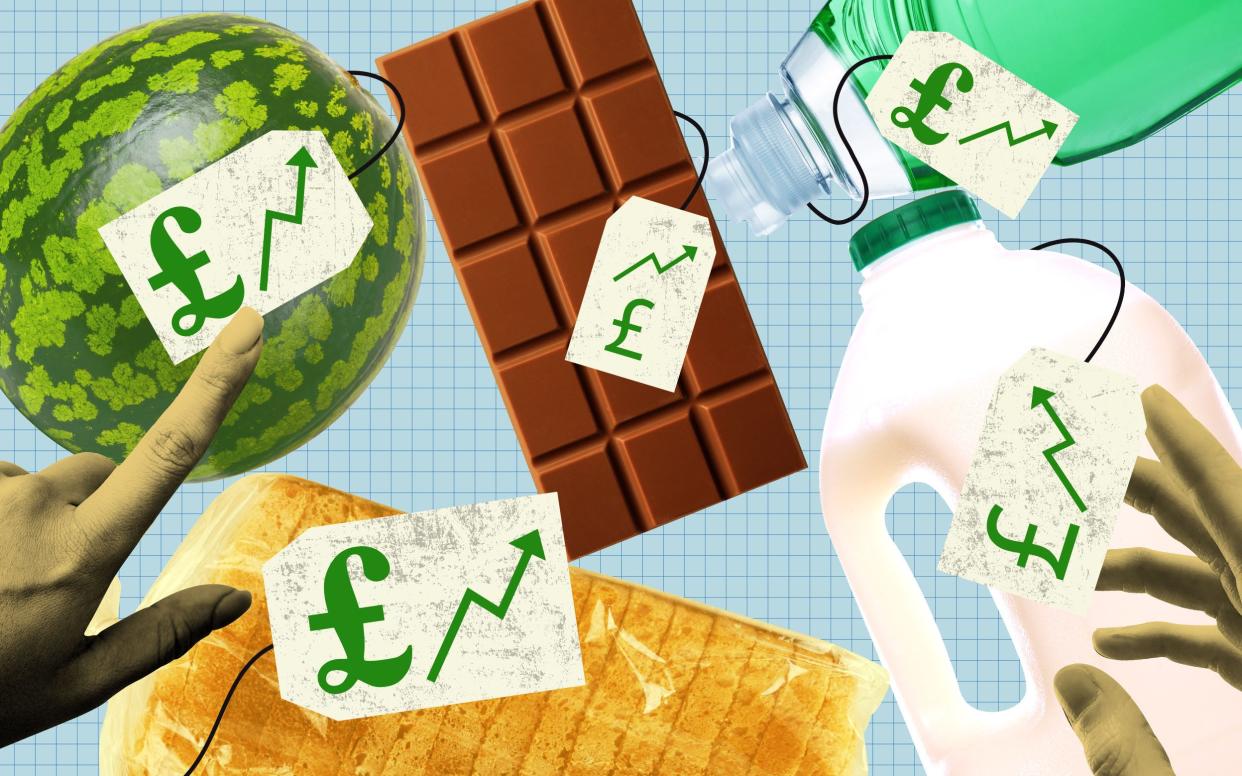Workers must demand 8.7pc pay rise to maintain current income

Workers must demand their pay rises by 8.7pc just to keep up with spiralling inflation and upcoming tax increases, after prices grew at their fastest rate in three decades.
The consumer prices index climbed to 5.4pc last month, figures released today have shown.
There is further pain ahead as workers are hit with fresh waves of tax rises. From April, National Insurance rates will rise by 1.25 percentage points, further eating into wages. Meanwhile more workers will be dragged into higher tax brackets as personal tax thresholds remain frozen.
A worker on a salary of £50,000 would need a pay rise of around 8.7pc in order for their take home pay to maintain its purchasing power from April.
Telegraph Money analysis shows that from April a worker earning £50,000 will take home £37,198 after taxes are deducted. This is £464 less than their take-home pay in the current tax year.
The effect of inflation and higher taxes would mean workers need a pre-tax salary of £54,350 from April to enjoy the same take-home pay as they do today. Achieving this would effectively mean earning a 8.7pc pay rise.
However, there are warnings that workers face an uphill battle to negotiate salary increases from their employers. While pay rise budgets for British firms have grown by a third this year, according to insurance firm WTW, this is yet to translate into inflation-beating wage growth.
Wage growth including bonuses slowed to 4.2pc year-on-year in the three months to November, way below inflation and resulting in the third real pay squeeze in a decade.
This comes as household bills are expected to rocket. Mortgage rates are rising, and are likely to rise further if the Bank of England increases interest rates. Council tax is expected to rise, taking the annual bill for an average band D property to almost £2,000.
Meanwhile the energy price cap is expected to climb by £588 in April and a further £375 from October to hit £2,240, costing homes an extra £80 a month.
At the same time, drivers are being hammered by sky-high petrol prices. The RAC has accused petrol retailers of failing to pass on wholesale price cuts to motorists, costing drivers an extra £5m a day.
A million parents will also lose their child benefit payments this year, according to the Institute for Fiscal Studies, as the ceiling for those who can claim the full payout has remained frozen at £50,000.
Ed Monk of Fidelity International, an investment manager, said: "Many households simply won’t have experienced price rises at this level before. Families are getting poorer in real terms and the situation could last for some time.
"Raising interest rates will only add to the squeeze but the Bank of England will feel great pressure to act and take some steam out of price rises if it can."
The squeeze has already forced households to raid their savings. Savings levels have fallen back to pre-pandemic levels and borrowing has increased, according to Bank of England data.
This means many households will be less prepared for spiralling bills in April when tax changes take effect and energy prices rise.

